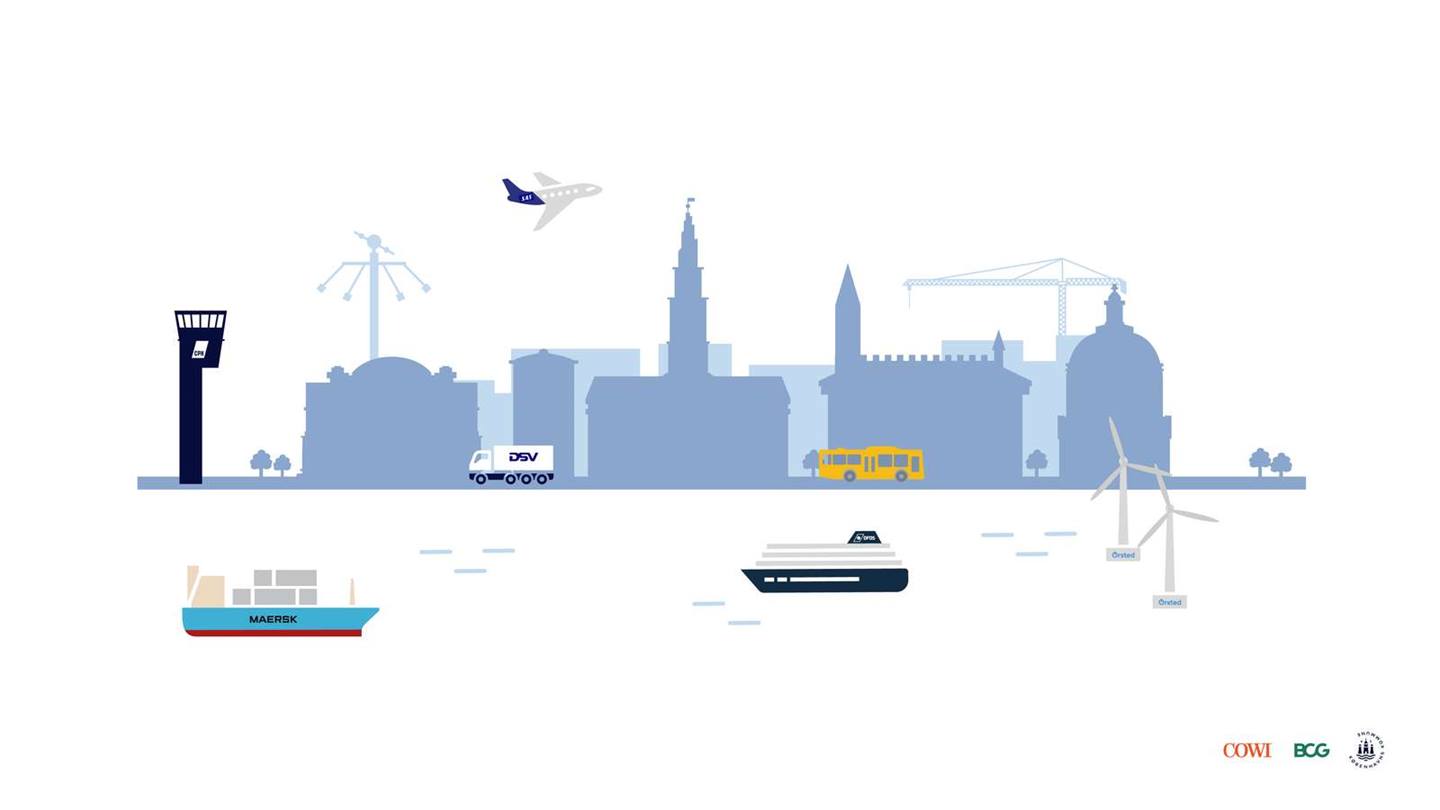Leading companies in Denmark, including SAS, Mærsk, CPH Airport and Ørsted, have pooled resources in a bid to produce an industrial-scale sustainable fuel plant in Copenhagen.
The effort – which aims to produce green fuel for road, maritime and air transport – has a vision to become one of the world’s biggest plants for electrolysis and the production of sustainable fuel.
DSV, DFDS and Copenhagen Municipality are also part of the plan, while consultancy groups COWI and BCG (Boston Consulting Group) will act as knowledge support partners.
“In Copenhagen, we’ve set the ambitious goal to become the world’s first carbon neutral capital by 2025. We’re already well underway – with district heating, wind turbines, great biking infrastructure, zero emission buses, a green metro etc,” said Copenhagen Mayor Frank Jensen.
“But we need new, sustainable technologies to go all the way. Sustainable fuels are an important means in the fight against climate change and air pollution. It brings us one step closer to a greener future.”
READ ALSO: Danish companies emitting more CO2 in recent years
Inspiring the world?
The ambitious project seeks to commence the development of the new production plant for hydrogen and e-fuels as early as 2023.
When completed in 2030, it is expected that it can produce over 250,000 tonnes of sustainable fuel for all sorts of modes of transport.
Production will potentially be based on a total electrolyser capacity of 1.3 gigawatts, likely making it one of the largest plants of its kind in the world.
It is believed that the facility could reduce annual carbon emissions by 850,000 tonnes and that it could catalyse the construction of similar projects elsewhere in Denmark and abroad.














